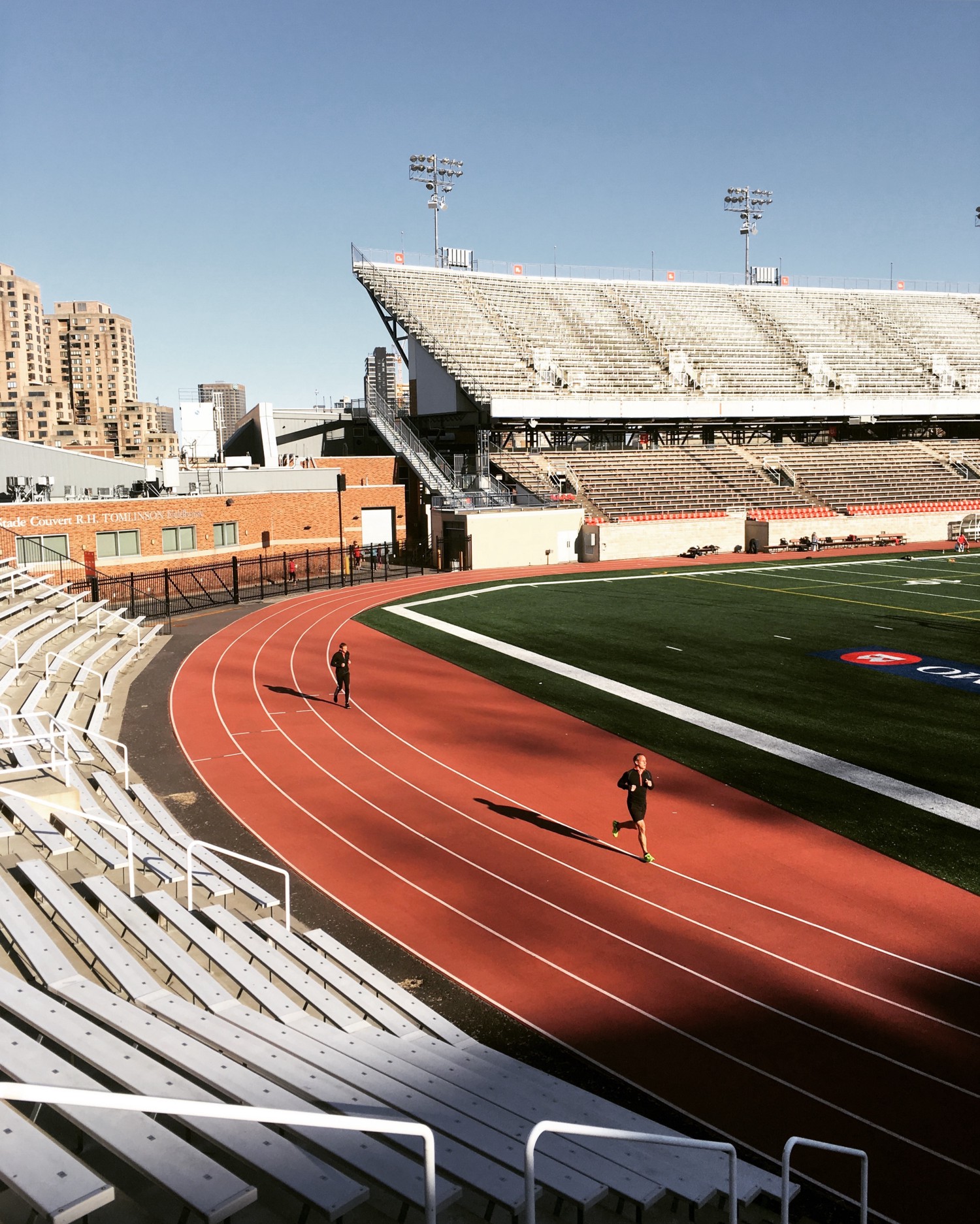Exercise alone may not be enough to keep your waistline from expanding, according to a new study published in the journal PeerJ.
Researchers from Loyola University Chicago looked at data from nearly 2,000 adults ages 25 to 40 living in the U.S., Ghana, South Africa, Jamaica and the Seychelles. Participants wore tracking devices (called accelerometers) for seven days that measured how much energy they used and how many steps they took, to get an idea of how active they were during a typical week. Researchers also measured participant’s’ weight, height and body fat at the first visit, and followed up one and two years later.
In a surprising finding, subjects who met the U.S. Surgeon General’s physical activity guidelines during that first week gained more weight over time than their less active counterparts. (The guidelines recommend doing at least two and a half hours of moderate-intensity aerobic activity per week.) That finding held true in each country. For example, American men who met the guidelines gained a half pound per year while those who didn’t actually lost .6 pounds per year.
If you’re wondering how that could happen, consider that while physical activity has proven benefits — like preventing brain decline and helping us live longer — it can also increase your appetite, and you may end up compensating for your workouts by eating more or moving less throughout the day. It’s also important to note that people often overestimate how many calories they burn during exercise. Meaning your Saturday morning spin class probably doesn’t cancel out the pizza you ate on Friday night.
Read more on Science Daily.
Originally published at journal.thriveglobal.com


